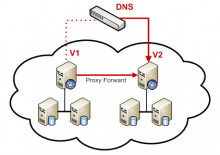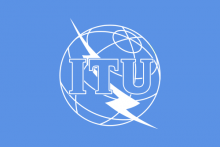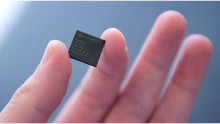NASA communications with Mars rovers soon to go silent
Within days, NASA's robotic rovers and orbiters working on Mars will go silent.
Starting today, communication with all machines working on Mars will become spotty -- and within about a week should stop all together, according to Richard Zurek, chief scientist in the Mars Program Office at NASA's Jet Propulsion Laboratory.













































































